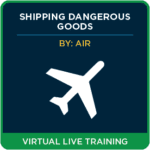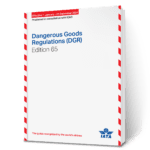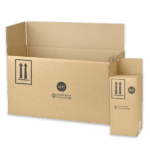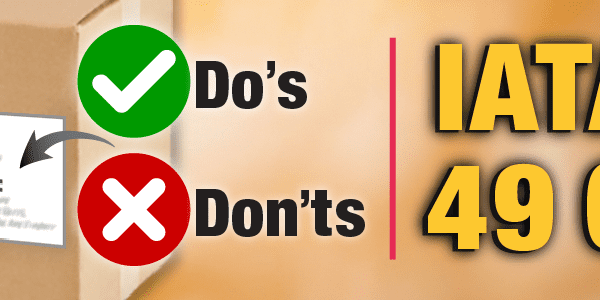
Understanding Special Provisions
Understanding special provisions is crucial when navigating regulatory requirements for shipping products. Special provisions can fall into one of four categories:
- Additional Requirements: Special provisions may impose extra requirements on shipping your product. For instance, under the Transportation of Dangerous Goods Regulations (TDGR) in Canada, Special Provision 16 mandates including a technical name alongside the proper shipping name on shipping documents and exterior packaging for certain dangerous goods. Similarly, in the United States under 49 CFR, Special Provision 45 dictates temperature control measures for product transportation.
- Exemptions/Relief: Some special provisions provide exemptions or relief from regulatory requirements. For instance, in Canada’s TDGR, Special Provision 18 exempts regulations concerning carbon dioxide solids. Similarly, under 49 CFR, Special Provision 66 exempts certain formulations of substances from regulatory oversight.
- Non-Applicability: Certain special provisions may not apply to specific circumstances. For example, TDGR’s Special Provision 138 pertains only to batteries intended for disposal or recycling. Similarly, in air transportation regulated by IATA, Special Provision A154 addresses restrictions on damaged or defective lithium batteries. In the US, 49 CFR’s Special Provision A54 permits shipping batteries exceeding allowable quantities with competent authority approval.
- Assistance in Classification: Special provisions can aid in correctly classifying products or selecting appropriate entries within regulations. For instance, 49 CFR’s Special Provision 172 specifies that alcohol mixtures containing up to 5% petroleum products fall under a particular classification.
In conclusion, overlooking special provisions can lead to non-compliance and potential issues during shipping. Therefore, it’s essential to thoroughly understand and adhere to these provisions to ensure regulatory compliance and smooth transportation processes.
Do you have questions about shipping dangerous goods? Our team of experts is just a call away for our customers at 855.734.5469 or send us an email, we’re happy to help.
Stay up to date and sign up for our newsletter!
We have all the products, services and training you need to ensure your staff is properly trained and informed.
 Shipping Dangerous Goods Shipping Dangerous Goodsby Air |
 IATA Dangerous IATA DangerousGoods Regulations |
 4G UN Combination Boxes 4G UN Combination Boxes |





